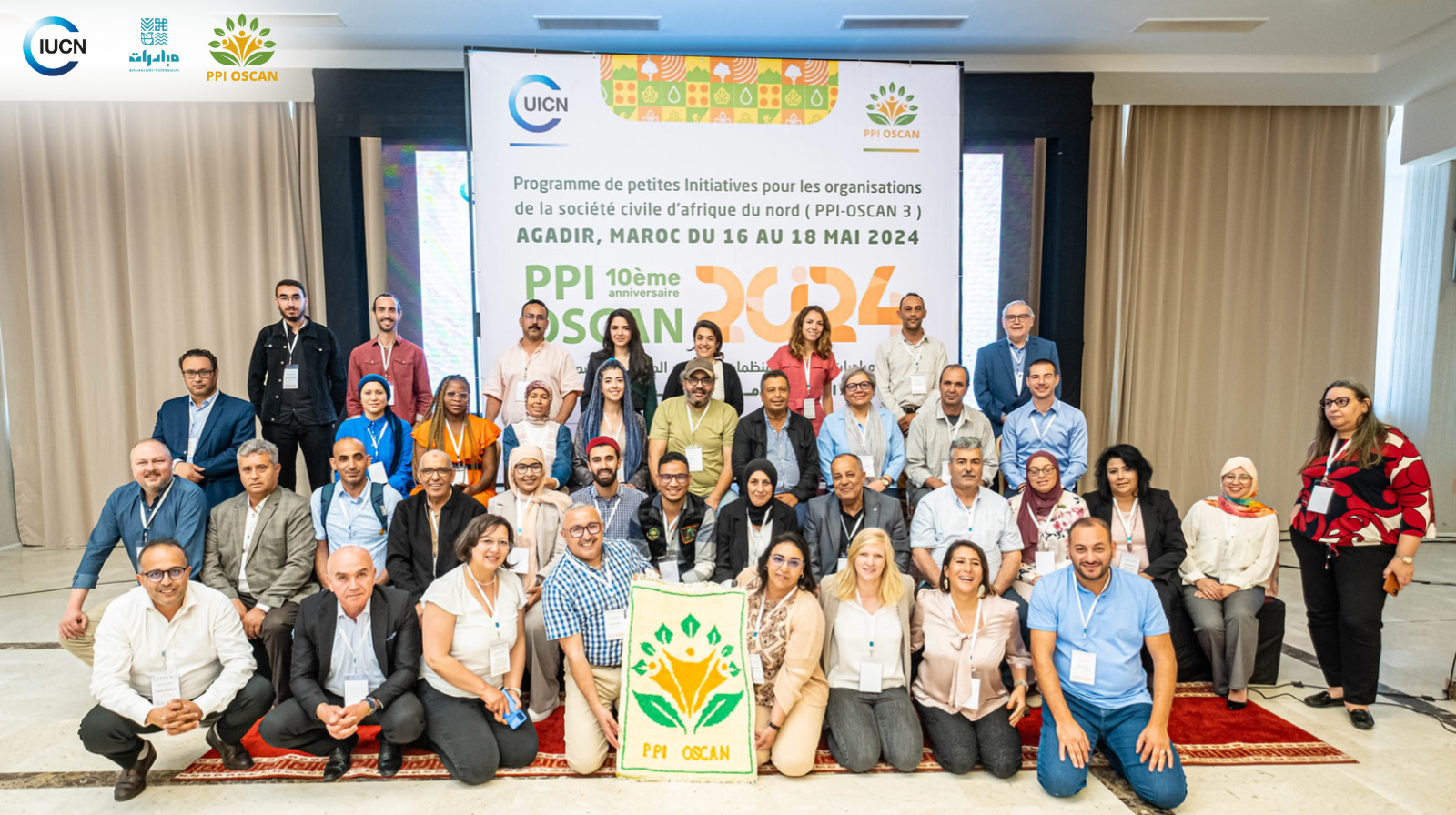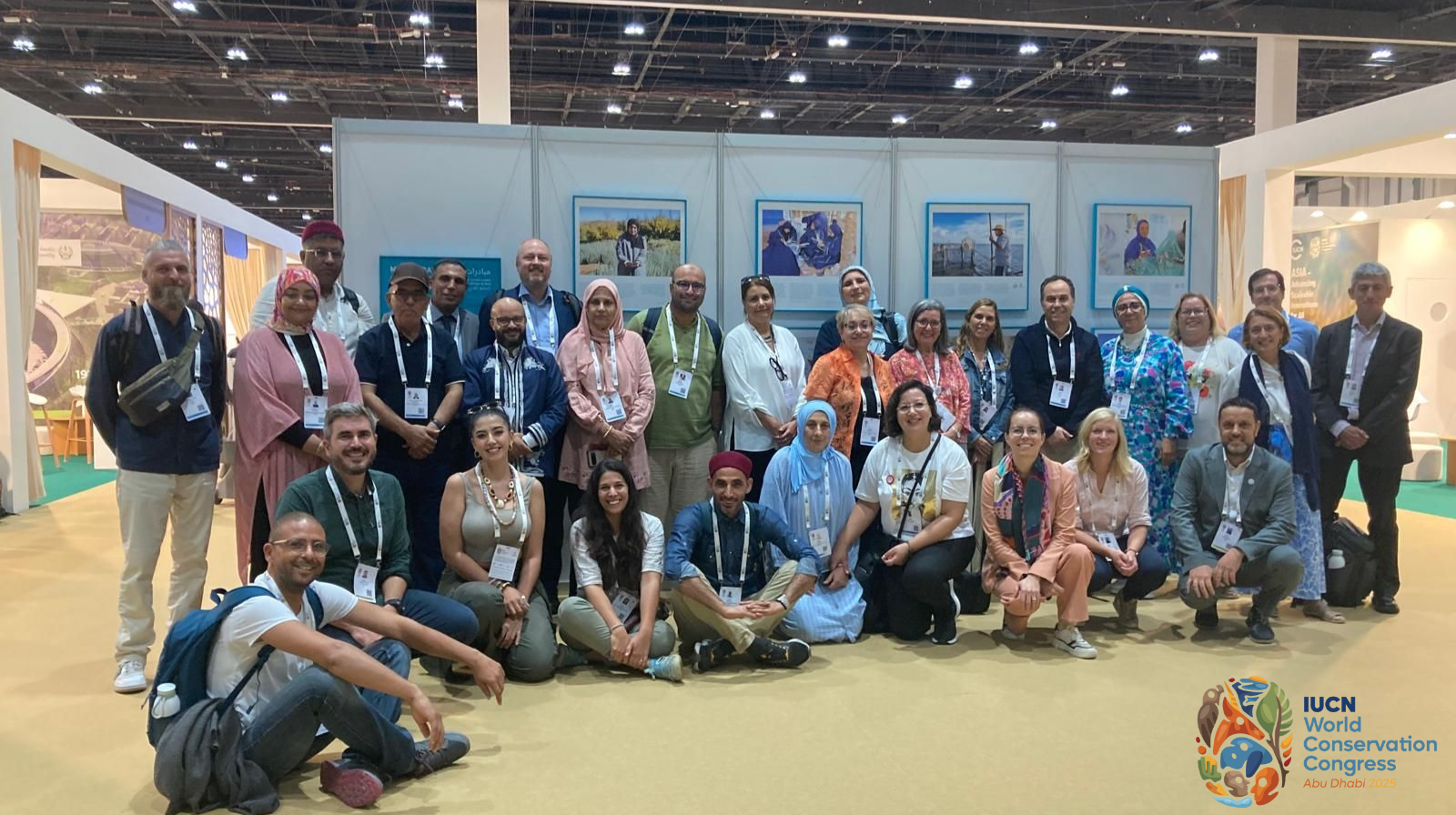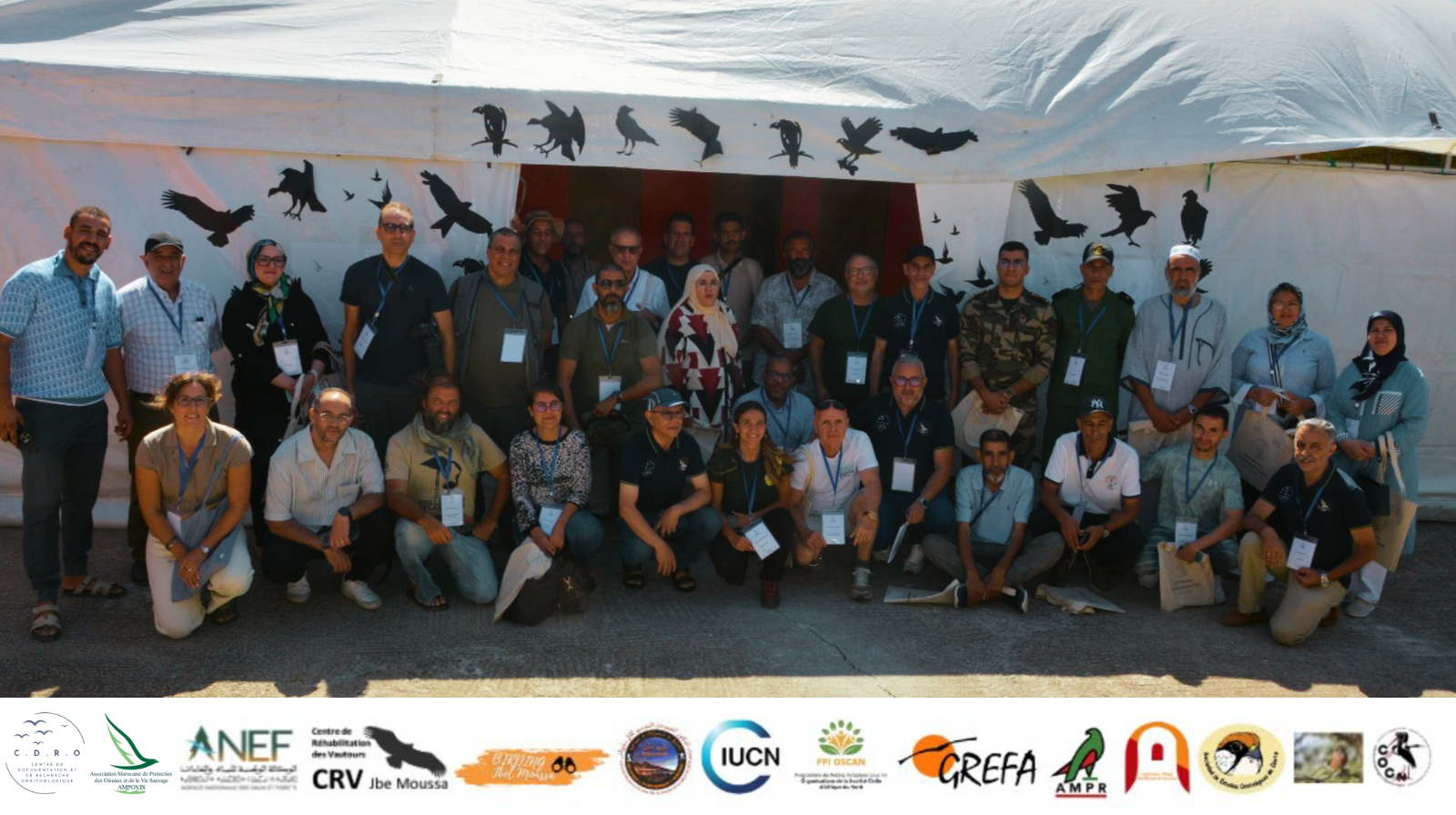For the past few months, the Nissae Bades cooperative, located in the Al Hoceima National Park in Morocco, has benefited from various initiatives implemented by the Rif Association for Rural Tourism Development. As part of TransCap 2, the association’s goal is to enhance the economic autonomy of the women in the cooperative while improving the management of natural resources within the national park.
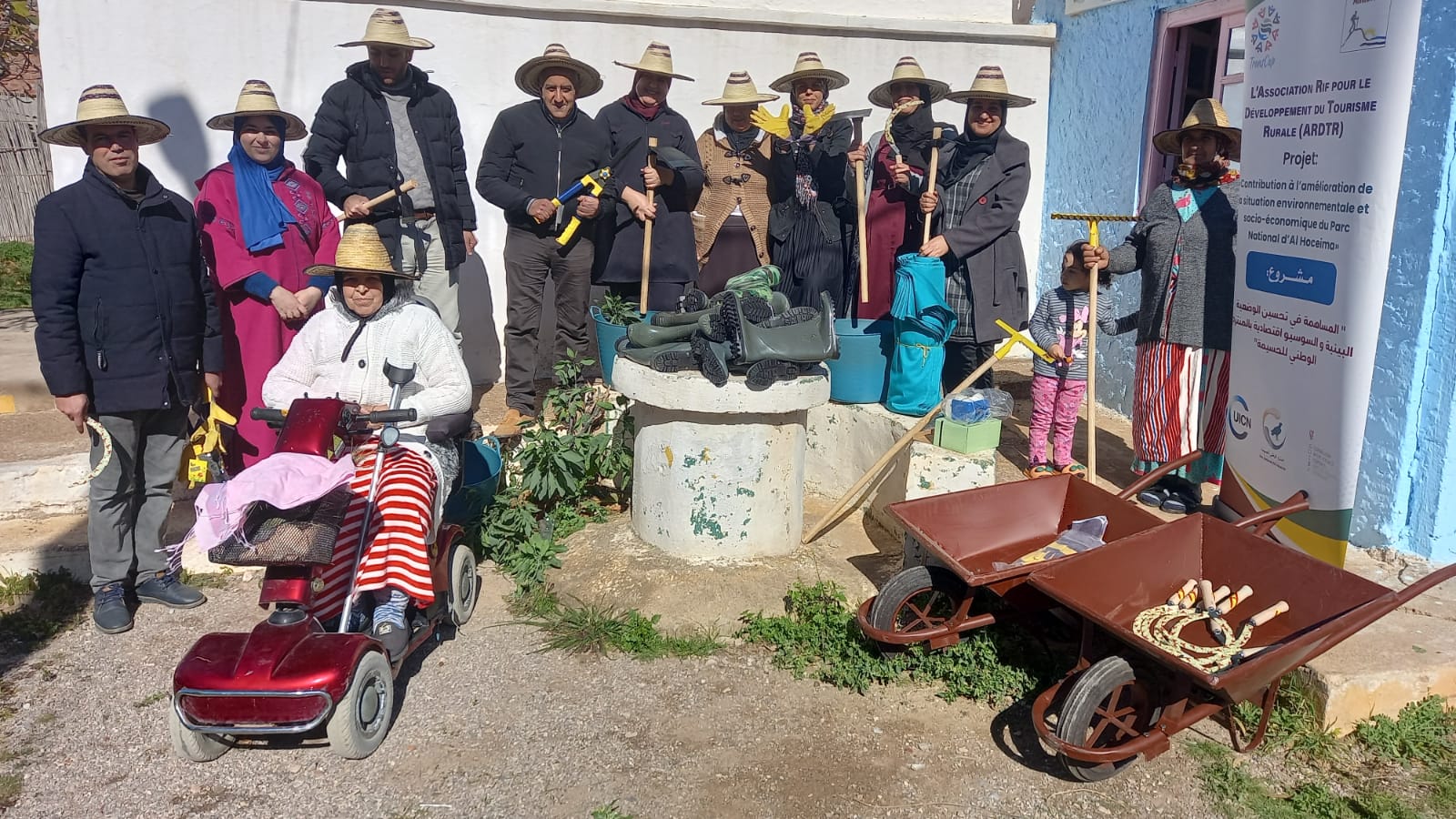 Nine women participated in a training program on the harvesting techniques of the esparto plant, which is then utilized for creating utensils and decorative objects. Given the cooperative’s presence in the national park, this training ensures a sustainable approach to plant collection, guaranteeing their regeneration.
Nine women participated in a training program on the harvesting techniques of the esparto plant, which is then utilized for creating utensils and decorative objects. Given the cooperative’s presence in the national park, this training ensures a sustainable approach to plant collection, guaranteeing their regeneration.
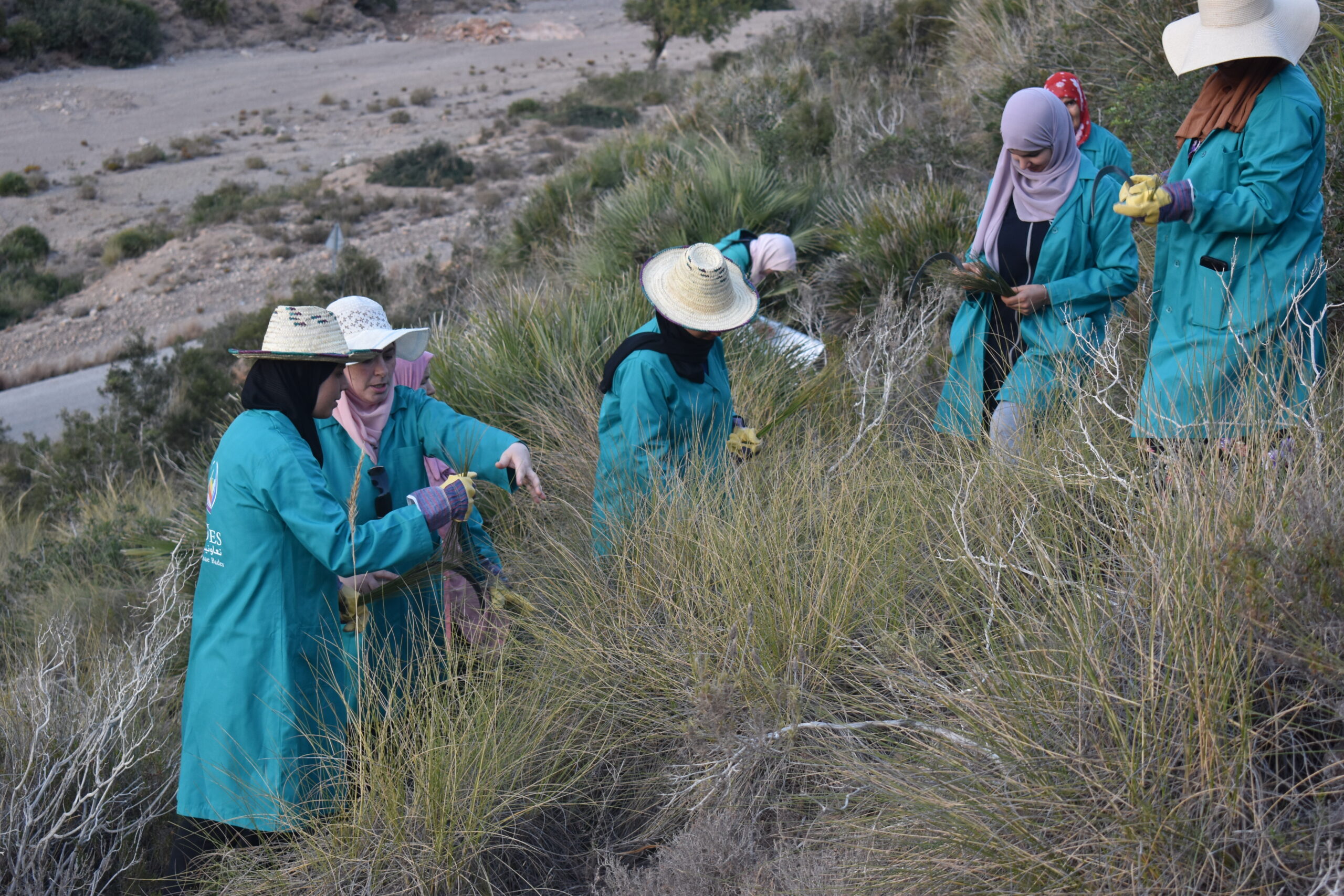
The esparto craftsmanship is a significant traditional activity in the lifestyle of the Rif populations. Since Al Hoceima is a city with a high tourist influx during the summer, the association aims to capitalize on this opportunity to showcase the cultural and natural heritage of the park. To achieve this and promote the cooperative’s products, the women participated in an e-commerce training for creating a website and managing an online store. A visit to the cooperative will also be included in a tourist circuit in collaboration with two hotels and a guesthouse in the region.
The association hopes to provide new financial opportunities for rural women and increase their visibility and recognition within local tourist services. The association’s local presence is also an advantage in providing tailored support to these women and ensuring the sustainability of the cooperative.
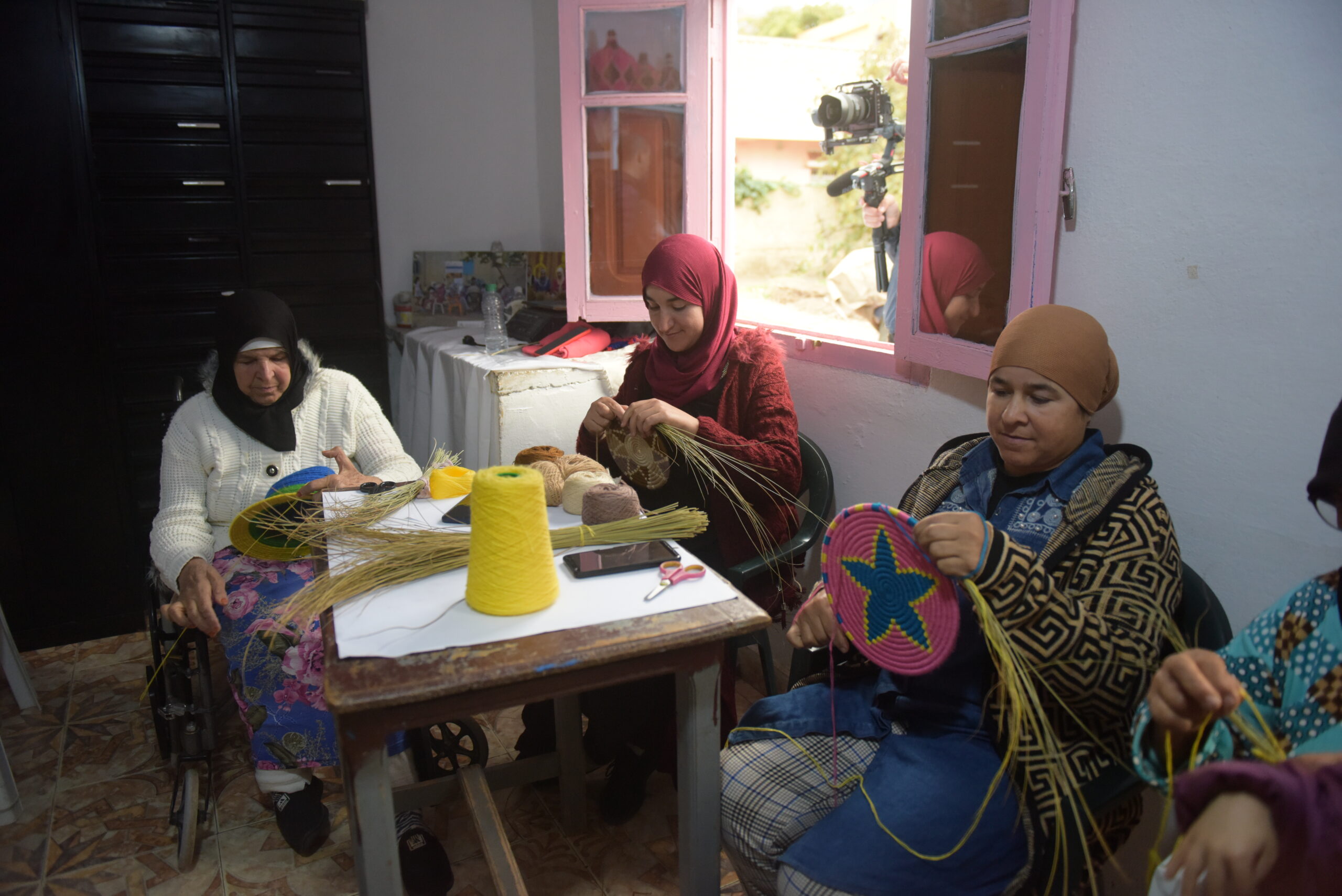
This project is implemented within the framework of the TransCap2 programme coordinated by IUCN-Med and funded by the General Directorate of Cooperation of the Balearic Islands.


